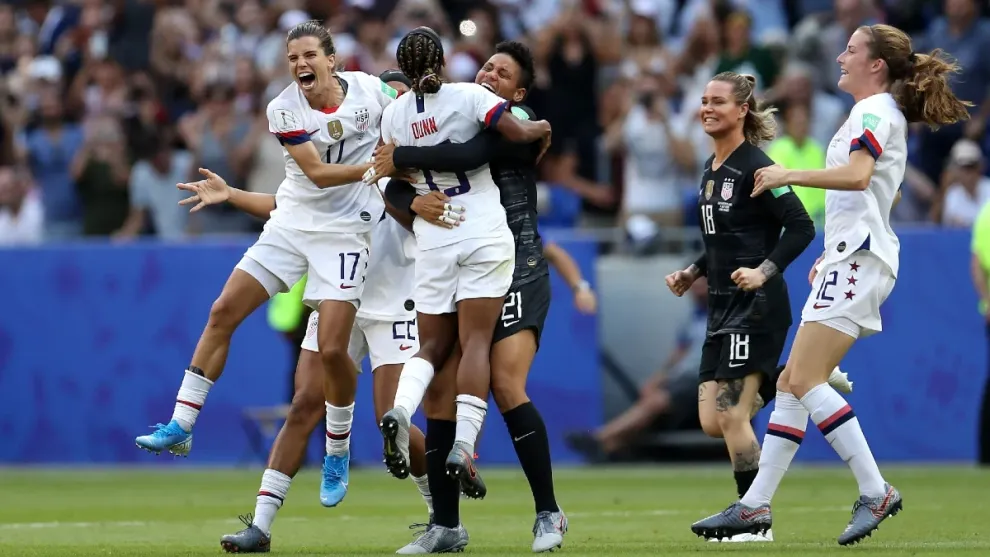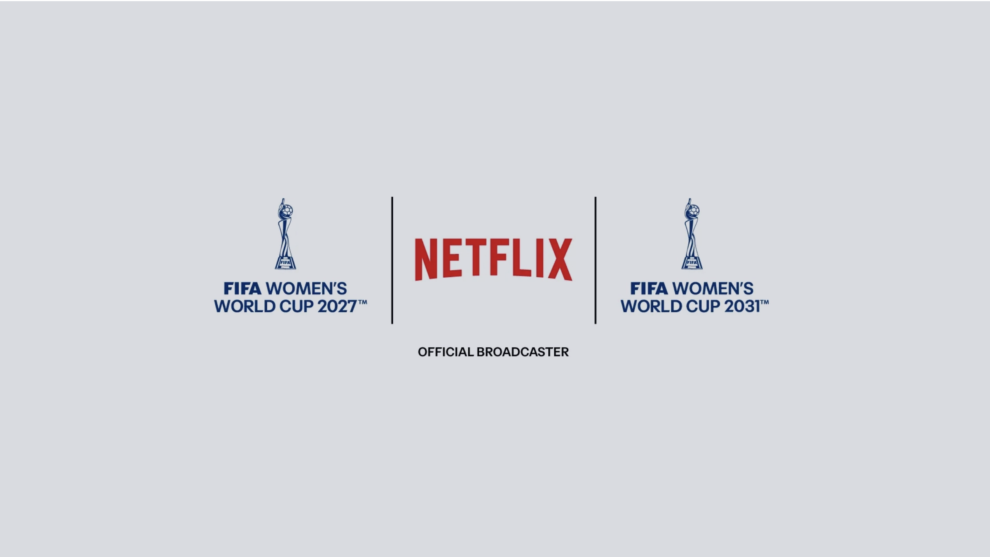Netflix has secured a groundbreaking agreement with FIFA, acquiring exclusive United States broadcasting rights for the next two FIFA Women’s World Cup tournaments, marking a seismic shift in sports broadcasting landscape. The streaming giant’s successful bid for both the 2027 and 2031 tournaments represents FIFA’s most substantial contract ever signed with a streaming platform for a major competition.
FIFA President Gianni Infantino heralded the agreement as a “landmark moment for sports media rights” and a “truly historic day for broadcasting and for women’s football.” While the exact financial terms remain undisclosed, industry experts suggest the deal’s magnitude reflects the explosive growth in women’s soccer’s popularity and viewership.
This transformative agreement emerged from FIFA’s strategic decision to unbundle the media rights for women’s tournaments from the men’s events for the first time. This separation takes effect following Fox’s broadcast of the 2026 Men’s World Cup, opening new opportunities for dedicated coverage and investment in women’s soccer.
The 2027 tournament, set to unfold in Brazil, will mark Netflix’s debut as a World Cup broadcaster. While the host nation for the 2031 event remains undecided, the United States is expected to submit a competitive bid, potentially bringing the tournament back to American soil under Netflix’s coverage.
The streaming service’s investment appears well-timed, considering the remarkable viewership statistics from recent tournaments. FIFA reported an astounding global audience of 1.12 billion viewers for the 2019 Women’s World Cup, which saw the United States emerge victorious. More significantly for Netflix’s domestic strategy, the 2023 tournament achieved record-breaking viewership numbers within the United States, demonstrating the sport’s growing appeal among American audiences.

This acquisition represents Netflix’s most ambitious move yet into live sports broadcasting, significantly expanding beyond its traditional entertainment offerings. The platform has recently demonstrated its commitment to live programming through various initiatives, including securing rights to broadcast WWE’s Monday Night Raw weekly shows and hosting the heavily publicized Jake Paul versus Mike Tyson boxing match.
The strategic importance of this deal extends beyond mere broadcast rights. For Netflix, it represents an opportunity to establish itself as a serious player in live sports broadcasting, potentially attracting new subscribers who traditionally rely on conventional television networks for sports coverage. The multi-tournament agreement also provides Netflix with valuable experience in handling large-scale live sporting events, potentially paving the way for future sports rights acquisitions.
For women’s soccer, this partnership with a global streaming giant signals a new era of visibility and commercial potential. Netflix’s innovative approach to content delivery and its substantial investment in production quality could revolutionize how women’s soccer is presented to audiences, potentially setting new standards for sports broadcasting.
The agreement also reflects broader changes in media consumption patterns, with streaming platforms increasingly competing for premium sports rights traditionally held by broadcast networks. This shift could accelerate the evolution of sports broadcasting, encouraging more interactive and personalized viewing experiences that streaming platforms can uniquely provide.
As women’s soccer continues its rapid growth in popularity and commercial value, this partnership between FIFA and Netflix could serve as a template for future sports media rights deals. The streaming service’s global reach and technical capabilities could help expand the sport’s audience even further, particularly among younger viewers who predominantly consume content through digital platforms.
The success of this venture could influence how other major sports organizations approach their broadcasting strategies, potentially leading to more direct partnerships with streaming platforms. For Netflix, the Women’s World Cup represents not just a significant content acquisition but a statement of intent in the increasingly competitive streaming marketplace.
















Add Comment